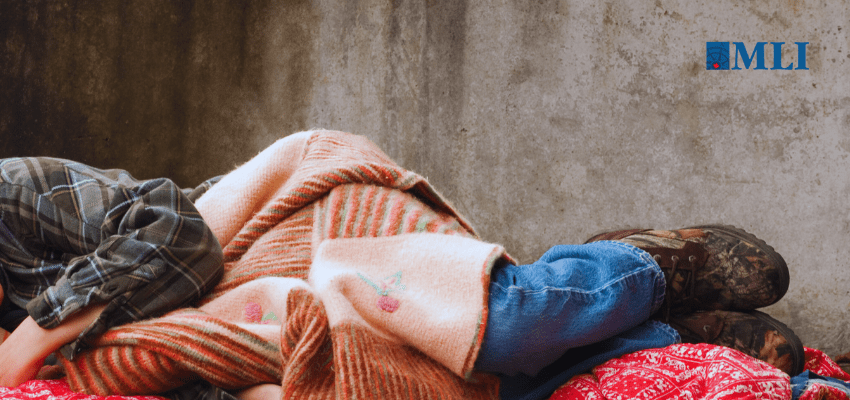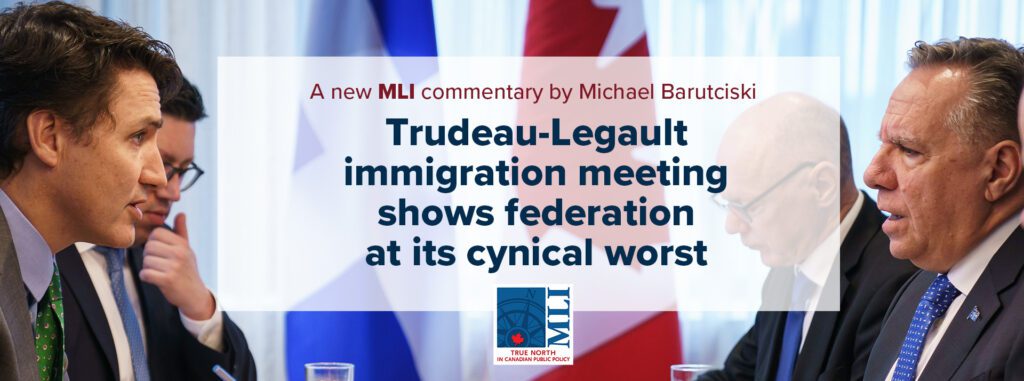This article originally appeared in the National Post.
By Christopher Dummitt, July 30, 2024
For several years, activists and self-styled “advocates” have been attempting to change the way we speak about social problems like homelessness, drug addiction, crime and unsocial behaviour.
The intention is clear: to remove stigma and any overt suggestion of personal responsibility. The new names are meant to reorient our thinking so that we understand that the real causes of misfortune to be societal or systemic. If a word has shameful connotations, that seems to be enough to warrant change. The goal here is to refrain from describing anyone who could plausibly be identified as a victim as having any personal responsibility for their own fate.
At the top of the list are the homeless. They are instead “unhoused” or “unsheltered.” They have homes, advocates say, in the communities where they live. But the housing market has let them down. Or, as some put it, these are people “experiencing” homelessness. The passive voice conveniently rids the whole issue of what some person might have done to end up that way. This thing called homelessness is just happening. Never mind that “homeless” itself was meant to take the shame out of terms that were very much intended to deliver it — words like “hobo” or “bum.”
Then there is the case of drug addicts. Here, too, we’re meant to switch our speech to refer to those who have “substance use” issues. And when they find themselves on the brink of death from an overdose, advocates now want us to call these events “accidental poisonings.” The addict in your downtown needing to be resuscitated by a NARCAN kit? They aren’t engaged in a dangerous and illegal behaviour. Instead, they’re just like someone who had the bad luck to get salmonella from poorly cooked turkey. We are meant to think buying fentanyl-laced crack is almost the same as getting lumped with bad bean sprouts from No Frills.
In a victimhood culture, how can we tell the difference? To even point out that drug use might be a different kind of activity than eating vegetables is bad form.
Perhaps by doing it, we might be contributing to marginalization, itself another increasingly popular term. Here we are talking about those who find themselves inhabiting the impoverished and crime-ridden areas of cities and the justice system. And here, too, we’re told to frame the issue as if something is always being done to people while ignoring what those individuals might have done to push themselves to the margins. People are marginalized by others, and by society. They suffer marginalization. It’s something that happens to someone.
The most ludicrous example of this is the phrase “racialized,” as if someone’s skin colour or ethnic background is something that is not just a normal part of identity. Race, of course, isn’t a social problem, but some advocates insist on giving it the suffix of “-ized” to denote victimhood. The irony of this phrase is that it’s most heavily pushed by those who are the most keen on doing the “racializing” — those activists, the most enthusiastic racializers, insist that we can’t have race-neutral hiring or non-discrimination policies but continuously and endlessly invoke race as a category.
All of this is more than just wordplay. It is a way to over-simplify complex problems. It’s about de-stigmatizing behaviours that society might very well wish to continue to stigmatize. Stigma and shame are, after all, one of the main ways social groups indicate disapproval.
The problems of poverty, crime, addiction and homelessness are complex and multilayered. They are caused by a myriad of complex factors, some social and some personal. Identifying the precise causes and cures in each case requires sophisticated thinking.
Yet the word changes being pushed by an activist crew are anything but. The new phrases cut off certain explanations from the very outset, insisting on a stigma-free diagnosis in which victims are blameless, and feeling good about identity matters more than accurately diagnosing the causes of someone’s problems and society’s ills.
Christopher Dummitt is a historian of Canadian culture and politics at Trent University.







